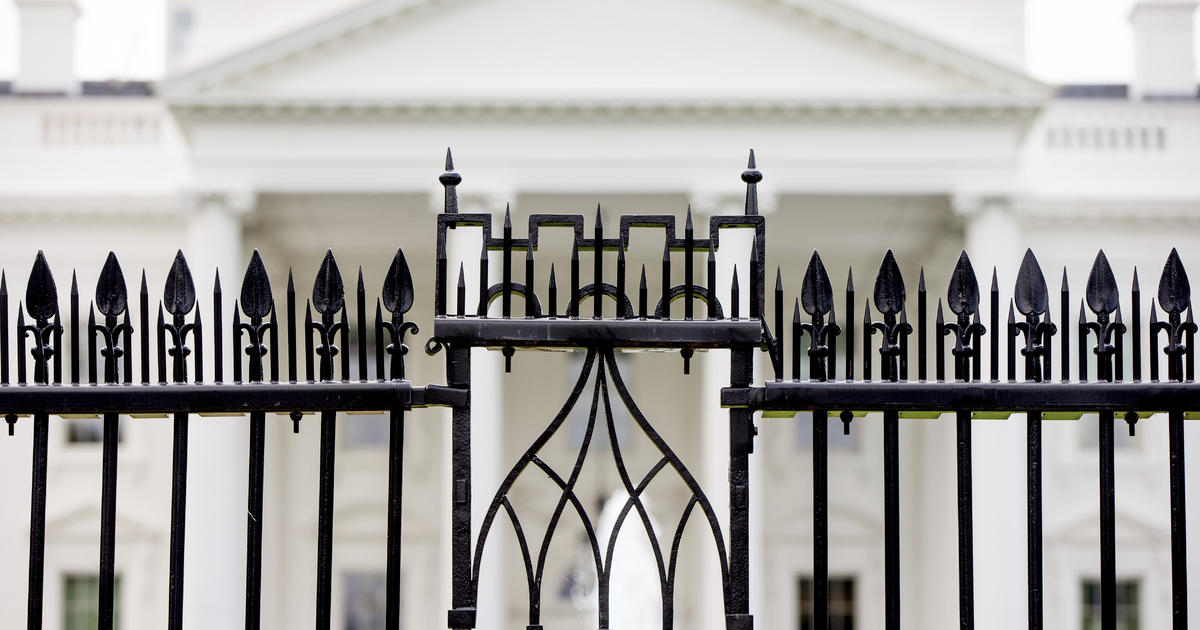Female CEO? Many countries OK with that. Female president? Not so much.
While people in the U.S., Canada and the U.K. have grown increasingly comfortable in recent decades with women as chief executives, they remain less open to the idea of a female as their nation's commander-in-chief.
That's the conclusion of a survey from data consultancy Kantar and the Women Leaders Global Forum, which scored perceptions of female leadership among residents of the 10 countries with the largest economies. The survey was released November 19 at the Women Political Leaders Global Forum in Reykjavik, Iceland.
OK to lead a company, but not a country
America and Canada had the highest level of comfort with female CEO's, with more than 60% of respondents saying they felt "very comfortable" with the idea of a woman heading a major company. The U.K. was close behind.
But the U.S., more than other countries, demonstrated a large gap between comfort with women as CEO's and as national leaders, Michelle Harrison, Kantar's global chief executive officer, said in an interview with CBSN.
"In the U.S., women come out absolutely tops as being viewed as suitable for corporate leadership," Harrison said.
However, just 54% of Americans, and less than half of American men, said they were entirely comfortable with a female head of state in the survey.
"What that means is the majority of American men carry a significant prejudice against the idea of female political leadership in the highest office," Harrison said.
The preference for women in corporations over governments extends beyond the U.S. People in the U.K., France, Japan, Germany and Russia all said they were more comfortable with women CEOs than heads of state, although the level of comfort they expressed varied.
Where men's and women's views differ
Overall, Canada, the U.S. and the U.K. lead the pack of nations that see women as equal to men in their ability to lead companies. But on this question, as with most on the survey, there was a significant divergence based on the respondents' gender.
In the U.S. and Canada, comfort with women's leadership among women is 10 percentage points higher than it is among men. The gap is even higher in Italy and Brazil, where comfort with female CEOs is lower overall, but women's comfort is 15 percentage points higher than men's.
By contrast, in Russia, where only 11% of the respondents said they were comfortable with a woman leading a major company, there was no difference in men's and women's comfort levels.
"Bias against men" in some sectors
Views of women's leadership also varied depending on the business sector in which they worked. Out of 22 industries, media and entertainment had the highest score, at 81 out of a possible 100, according to Kantar's scoring method. Put another way: 81% of people said that women and men were equally suited to leadership in the media field.
On the other end of the scale, child care came in last among industries, with just 54% of people believing that men and women were equally suited for leadership in that field. Some 42% of people said that women were better leaders in child care, while just 4% said that men were.
"That's about bias against men, of course," Harrison noted.
Research shows that the "gendering" of certain fields contributes to the overall pay gap between men's and women's earnings, with female-dominated jobs, such as health care or child care, paying less than male-dominated jobs, such as manufacturing. Overall, women earn 20% less than men, a gap that narrows to 5% when adjusting for education and experience.
The child-care problem
Kantar revealed similar gaps in the fields of fashion and beauty, health care and education.
"There is a sense that there's a more natural leadership potential for women in those sectors, despite what the figures may in reality show," she said.
For instance, while women may be perceived as more "natural" leaders in education, just 30% of U.S. college presidents are women and less than 15% of school district superintendents are women, according to industry groups.
What's more, viewing women as more naturally suited to some sectors discourages them from participating in all sectors of the economy. When it comes to child care, seeing it as a "woman's issue" puts an unfair burden on the female members of a family and has repercussions to their careers.
"Until we deal with that kind of discrimination in the sector of child care, women aren't released to be able to fulfil their own economic potential," Harrison said.



